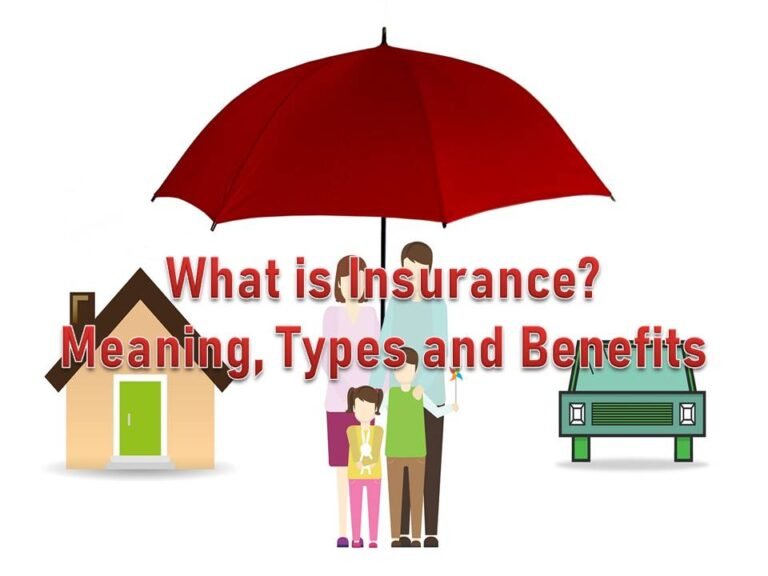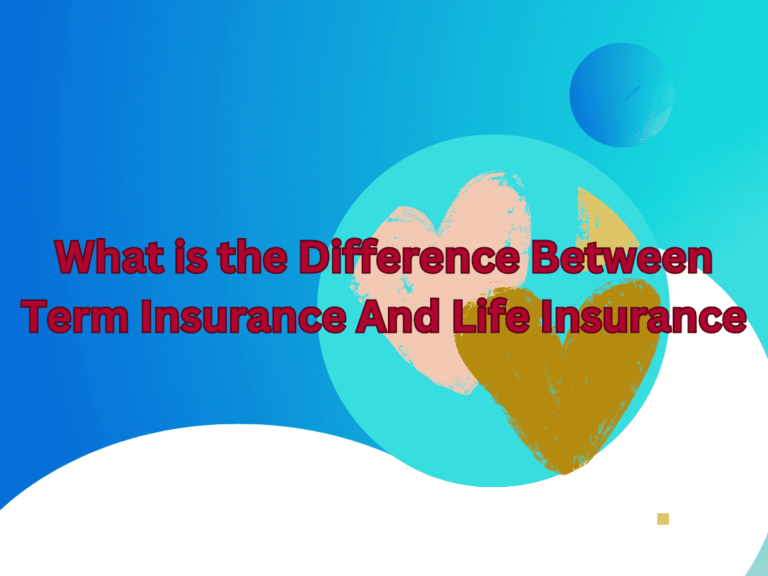Demystifying Life Insurance: When Should You Get Life Insurance? Pondering the right time to buy life insurance is a crucial decision every individual has to make on the journey of life. This decision calls for a comprehensive understanding of your personal, financial, and family obligations. In general, you should get life insurance if you have debt that will continue to accrue after you pass away or if you are dependent on another person for income. On the other hand, life insurance costs increase with age. Because of this, it’s normally preferable to purchase life insurance when you’re younger, especially if you can lock in a cheap premium. Life insurance becomes more expensive and may be more difficult to get an insurance underwriter to approve if you wait too long to buy it.
Depending on family and financial conditions, each person has a different ideal time to purchase life insurance. You must have a permanent insurance policy for a sufficient amount of time to allow the cash value account to grow if you wish to buy one with cash value. The best time to get a policy may vary if you get term life insurance because it lasts for a shorter period and doesn’t have a cash value component. With this article, our objective is to provide pertinent information on the critical topic of ‘When Should You Get Life Insurance?’ and enlighten you about the crucial factors that should guide your decision.
Starting Young: The Best Option?
The question of ‘When Should You Get Life Insurance?’ begins at a stage where many individuals might not foresee the necessity at a young age. From an insurance perspective, it’s best to lock in a policy when you’re young and healthy. Insurance companies generally tend to offer lower premium rates to those who are less likely to make a claim; thus, age could be a beneficial factor.
When it comes to time, life insurance costs are lower the younger you are when you purchase it. This is so that you can benefit from cheaper rates when you’re younger. Furthermore, as you age, you may experience health issues that raise the cost of insurance or possibly prevent you from getting coverage.
Nonetheless, younger individuals often delay purchasing life insurance due to the burden of mortgages, auto loans, and student loan debt. While paying off current debt is important, delaying retirement savings or not purchasing life insurance when you’re young can have a big financial impact. It is best to purchase it as soon as possible.
Certain situations may prevent you from needing life insurance, such as when you do not intend to marry, have children, or take out a mortgage. In these situations, your estate can be settled using your possessions at the time of death. However, even before you seem to need life insurance, it might still be beneficial to purchase it if you believe that any of these situations may happen to you.
Marriage: A Life-changing Decision
Marriage invariably brings added responsibilities, and what better way to ensure a safe and secure future for your spouse than having insurance coverage? The thought of your spouse managing expenses, loans, or a mortgage in your absence isn’t pleasant; hence, acquiring life insurance post-marriage is a prudent step.
When to Get Term Insurance
You are protected by term life insurance for the duration of the policy. Although it’s generally better to start younger, the age at which you should start may also depend on when you expect other people to depend on your income. The policy’s duration should last for as long as your dependents require your income. This usually lasts until the parents’ kids are adults.
Couples who jointly own real estate might want to be protected until their mortgage is paid off. Each member of a relationship should be covered if their income is essential to the family. Non-income parents should also think about insurance because, in the event of their death, their unpaid labor (childcare, etc.) might have to be replaced by paid services (daycare, for example).
If you have unsecured debt, such as credit card obligations or some private college loans, purchasing life insurance may be wise even before you have children. For example, credit card companies demand that any unpaid amounts be settled at the time of the cardholder’s passing.
A healthy, nonsmoking male policyholder who took out a 20-year term life policy at a rising age has the sample monthly and total premium expenses displayed in the table below. Apart from age, there are additional factors that affect life insurance prices, such as residency, gender, and pre-existing medical issues.
Welcoming Parenthood: A Time of Joy and Responsibility
The arrival of a child brings joy, but it also necessitates future planning. Subsequent costs, including health expenses, education fees, and potential financial support in your absence, are significant aspects to consider. This makes it the right time to acquire life insurance when starting a family.
Mortgage Blues: Homeownership and Life Insurance
If you own a house or have a mortgage, life insurance becomes essential. Having a policy would ensure your loved ones aren’t burdened by mortgage payments, thereby providing them financial security in case of your untimely demise.
When to Purchase Permanent Life Insurance
The cash value of a permanent life insurance policy increases tax-deferred. Since premiums for whole life insurance are usually set for the duration of the policy, early premium contributions can add up to a significant amount of value over time.
You can even use the cash value as a down payment on your first house. What you accumulate could supplement your retirement income if you hold onto it long enough. But the money takes time to compound, so getting started early is recommended.
When You’re the Sole Breadwinner
If you’re the primary or sole breadwinner of the family, your absence could significantly alter their financial status. To safeguard your family against these financial uncertainties, opting for life insurance is highly advisable.
In essence, considering one’s personal life circumstances significantly influences the answer to ‘When should you get life insurance?’.
FAQs: When Should You Get Life Insurance?
Should Singles Acquire Life Insurance?
Single individuals who are free of dependents or debts may not require life insurance. However, those who foresee such commitments in the future could consider a policy to secure a lower premium rate.
Is Life Insurance Essential for a Stay-at-Home Parent?
Even if a parent isn’t earning, they contribute significantly to the family’s duties, which, if outsourced, would be costly. Hence, life insurance for a stay-at-home parent is certainly worth considering.
When Is the Best Time to Get Life Insurance?
Life insurance coverage will cost less the younger and healthier you are. To make life insurance more affordable in the long term, it is usually a good idea to purchase it at the time of planning a family or even a few years in advance. Our list of the top life insurance providers can assist you in selecting the best option when the time comes to make a purchase.
When should you get life insurance in your 20s or 30s?
You may be delaying getting life insurance in favor of establishing a family, paying off debt, or purchasing a property. If, on the other hand, you were to die before paying off some debt and you had no life insurance, your heirs might be left holding the debt. Additionally, your prospective life insurance premium will probably go up the longer you wait.
Because term life insurance policies have cheaper premiums, adults under 30 could favor them. Choosing an inexpensive policy is preferable to having no coverage at all. Seek a coverage level that can pay off any debt, including private education loans, credit card debt, and mortgages, in addition to burial expenses.
Can You Obtain Life Insurance at Any Age?
Yes, but with age come higher premium rates and possibly more health concerns, which might further elevate insurance costs. Hence, early investment is generally the most beneficial.
As we close, remember that there is no one-size-fits-all answer to ‘When Should You Get Life Insurance?’. Everyone’s situation is unique, and so are their insurance needs. By aligning your life insurance with your circumstances and future financial goals, you can secure an umbrella of financial security for your loved ones. Make informed decisions, and you’ll never regret stepping into the realm of life insurance.







